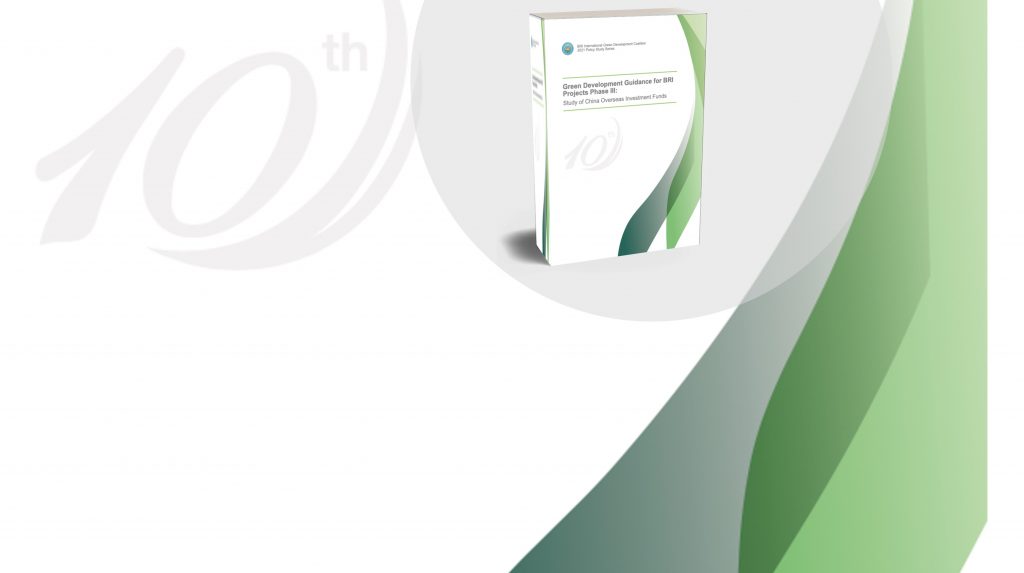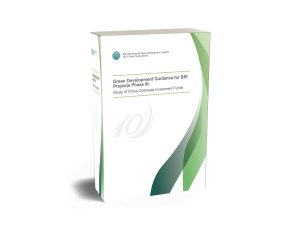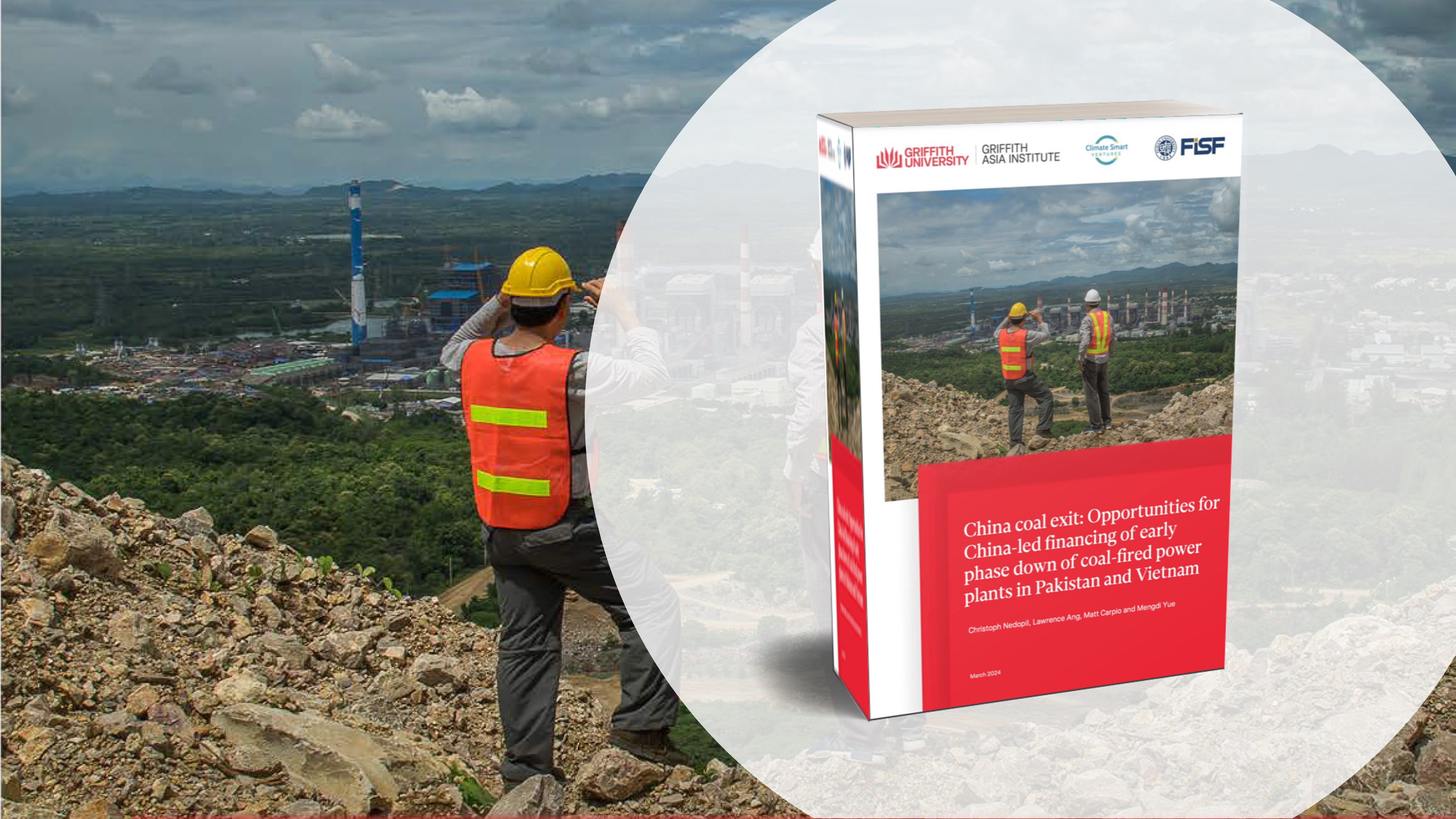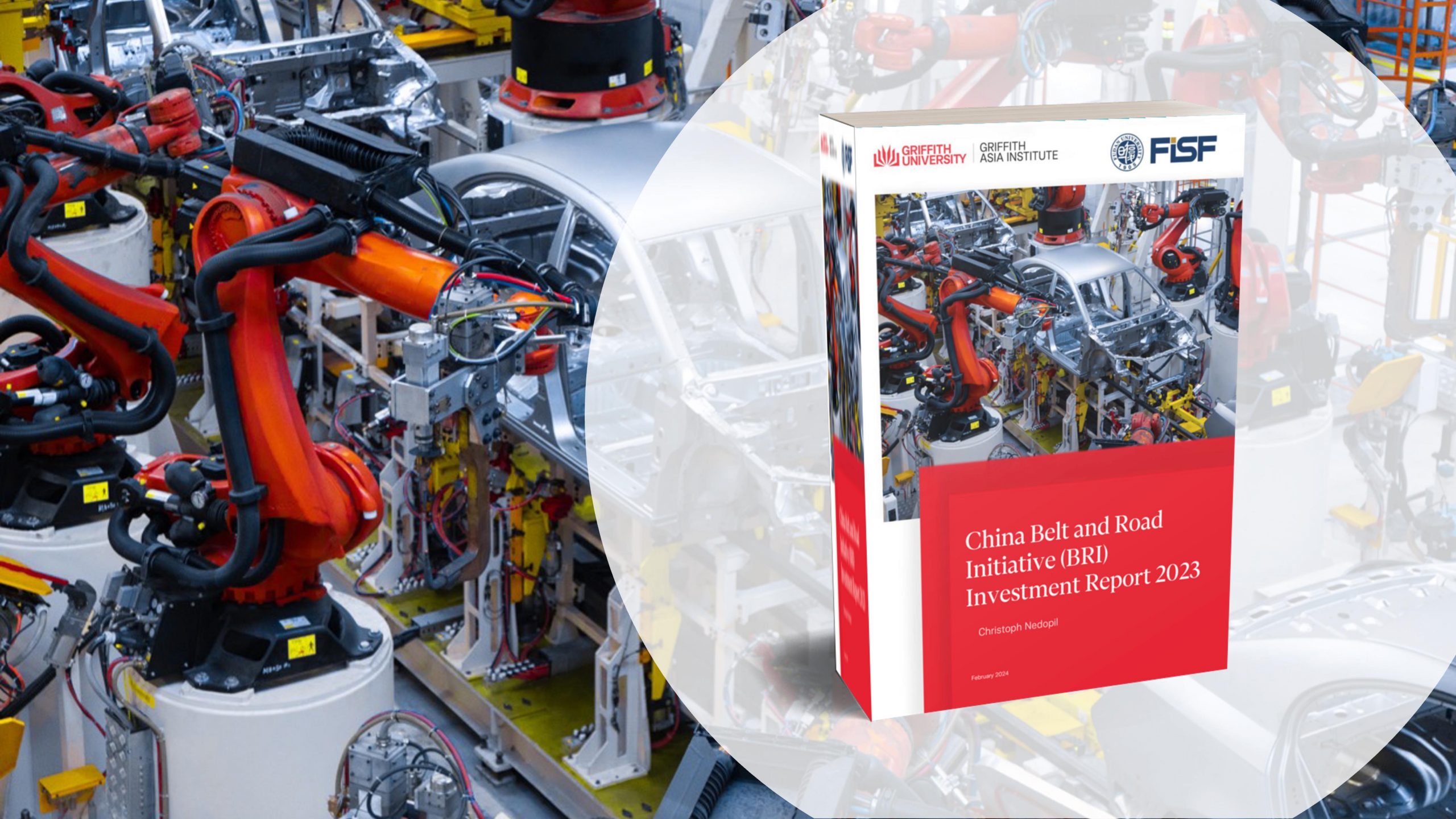In April 2023, the Belt and Road Initiative International Green Development Coalition (BRIGC) published the Green Development Guidance for BRI Projects Phase III. In this report, the authors analyze how Chinese overseas development funds apply environmental standards, in particular the “Traffic Light System” for BRI projects.
The report was written and supported by a group of international and Chinese members, including GFDC director Christoph Nedopil and GFDC visiting fellow Mathias Lund Larsen.
Highlights
In order to promote high-quality development in key areas of the BRI construction such
as green infrastructure, green energy and green finance, the BRI International Green
Development Coalition (BRIGC), together with the World Resources Institute,
ClientEarth, the World Wide Fund for Nature and other domestic and foreign partners,
has continued to carry out research on Green Development Guidance for BRI Projects
and achieved positive results.
In 2019, the first phase of the project proposed a “red, yellow, and green light”
classification system aimed at promoting green development of projects and reducing
ecological environmental risks, to help financial institutions and enterprises avoid highrisk
environmental projects. In 2021, the second phase of the project will provide
operational guidance and application tools for the application practice of enterprises
and financial institutions through the preparation of application manuals for enterprises
and financial institutions, as well as green development guidelines for the railway and
highway projects.
On the basis of the preliminary research, the third phase focuses on oversea investment
cooperation funds. Through research and analysis of typical fund investment and
financing models, support project types, and environmental management requirements,
policy recommendations are proposed to promote fund greening. Due to its official
background, investment and management methods, activity areas and other
characteristics, the Overseas Investment Cooperation Fund provides financing support
for enterprises in the investment and construction of the BRI project, playing the role
of a national platform.
From the perspective of environmental management, some funds have established
environmental management systems, but there are still some deficiencies in green
finance support measures, environmental information disclosure, ESG system
construction, etc. Among them, the China-ASEAN Investment Cooperation Fund has
released the “Guidelines for Social Responsibility and Environmental Protection of
Investment in the ASEAN Region”, established a project classification system based on
environmental and social impacts, and constructed a process for full lifecycle
management. The China-Africa Development Fund has established a negative list of
overseas coal power projects and projects that do not meet the environmental protection
standards of the host country; In terms of process management, for projects that avoid
major ecological and environmental risks in the process of project establishment,
analyze the ecological environmental impact of the project in the process of review, and
monitor the social benefits of project implementation in the process after investment.
From the perspective of the project portfolio supported by the fund, infrastructure,
production capacity cooperation, mining and other projects are the main entities
supported by the fund’s investment and financing, providing assistance for the
economic and social development of the host country. At the same time, “small and
beautiful” projects such as green, environmental protection, livelihood, agriculture, and
information are gradually receiving attention.
Based on the research results, the report proposes suggestions to promote the high quality
development of oversea investment cooperation funds, including strengthening
BRIGC collaboration between funds, establishing and improving ESG management systems,
and increasing support for green and livelihood projects.







Comments are closed.